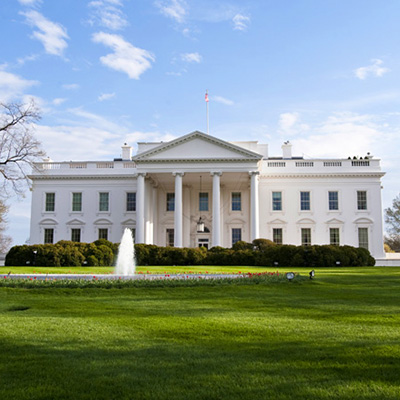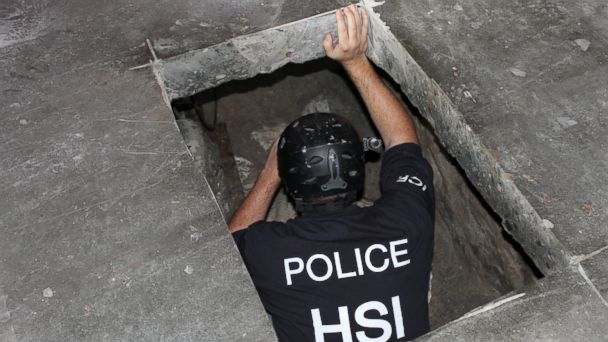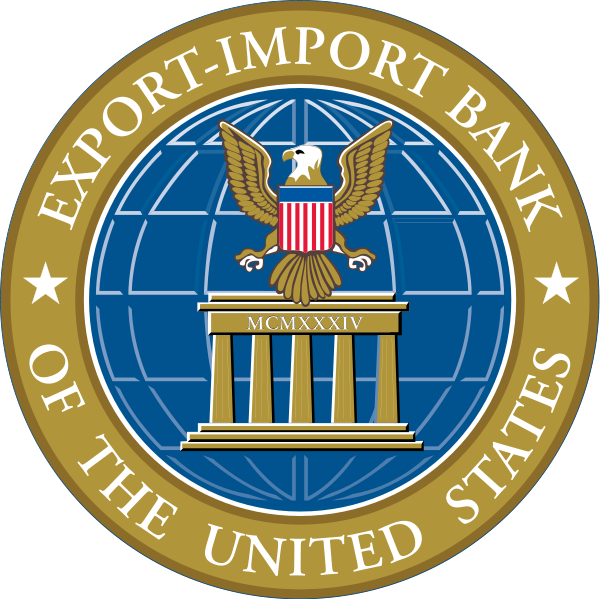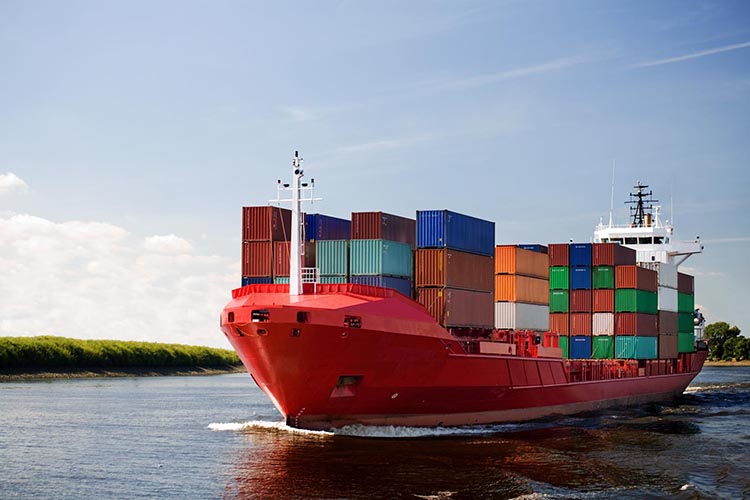October 2015 FTZine
October 1, 2015April 2017 FTZine
April 5, 2017
Ghouls and Goblins take Over D.C.
As we turn the clocks back and say goodbye to Fall splendor, Halloween has kicked off the holiday season. Falling on Saturday this year made for extra celebration for ghouls and goblins all over the Nation’s Capital. Comments or suggestions on our publication? Leftover Halloween candy? The editorial staff of the Foreign-Trade ‘Zine, the eMagazine of Foreign-Trade News would love to hear from you. If this E-mail is not displaying properly or links aren’t working, please open the .pdf version attached to this email for your convenience.
Top Story - What’s Next For the TPP?
Customs Closes San Diego Border Crossing Lane


House Approves Lifting Crude Oil Export Ban
Export-Import Bank Reapproved by House


Customs Plans to Add Exporter Account to ACE Portal Test

U.S. Foreign-Trade Zones Board Activity
H-J Enterprises, Inc. submitted a notification of proposed production activity in FTZ 102 for producing electrical transformer bushing assemblies in High Ridge, Missouri (more)
Nine West Holdings, Inc. applied for subzone status for its two sites totaling 60 acres in West Deptford, New Jersey in FTZ 142 (more)
Flextronics America, LLC submitted a notification of proposed production activity to expand the scope of its personal computer finished products and components produced in Subzone 183C in Austin, Texas (more)
The City of Hitchcock, Texas, has filed an application to establish an ASF FTZ for the City of Hitchcock. It would be the sixth Foreign-Trade Zone within the Port of Houston. (more)
Saft America Inc. received authorization of production activity for lithium-ion batteries within FTZ 64 Site 10 in Jacksonville, Florida (more)
Port Freeport applied for expansion of Site 1to include 40 additional acres, bringing the Site 1 total to 320 acres in FTZ 149 in Freeport, Texas (more)

